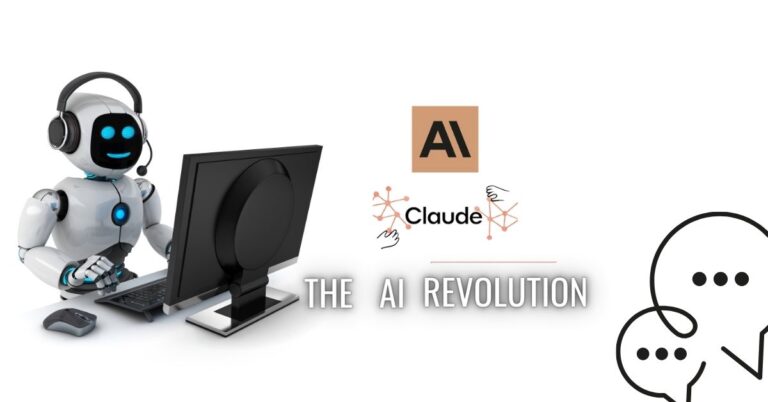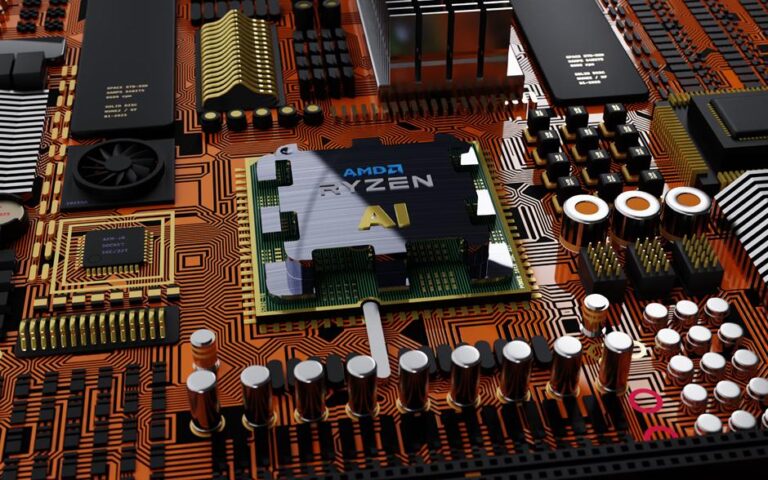Transforming Advertising Strategies with Intelligent Solutions
In advertising, times are changing rapidly. However, businesses are still searching for new ways to capture the public’s attention and lead their competitors. Intelligent solutions enter the game. They offer precision, efficiency, and personability in advertising that has never before been seen. Advertising strategies, such as creating and delivering new campaign forms, will be changed. These new means, however, have altered how people judge a campaign’s effectiveness, from where they come, and who provides it to those target groups.
On the other hand, traditional methods will become a thing of the past with these intelligent technologies. These solutions allow companies to harness the power of automation and predictive analytics, creating a new, more customized ad format that is fit for eye-catching resonance with audiences. They help deliver more efficient marketing campaigns by making returns on investment (ROI) possible for any firm near its IPO stage.
The Role of Intelligent Tools in Advertising
The sector is witnessing revolutionary change by using AI in marketing techniques. These technologies enable businesses to make informed decisions and achieve better results, from composing personalized ads to optimizing ad layouts.
Enhanced Data Analysis
One significant benefit of AI in marketing is that it can analyze vast amounts of data in real time. This capability enables businesses to understand customer behavior, preferences, and purchasing habits at a deep level. By being aware of these subtleties, advertisers have more power to create campaigns that appeal directly to their audience.
For instance, when e-commerce platforms use intelligent tools to track user behavior, such as browsing history and purchase patterns, they can suggest products tailored to the customer’s taste. This enhances the shopping experience overall and drives conversion rates in each case, presenting an offer tailored just for that occasion.
Advanced Targeting Capabilities
Traditional advertising methods with large demographics lead to waste and missed opportunities. However, intelligent solutions allow targeted campaigns based on data mining from diverse sources, including search history statistics, social networks, and geography information.
Ads can be precisely placed with this level of accuracy. For example, a fitness brand will recognize fitness lovers based on their online actions, such as reading posts about health clubs and exercising at resorts.
Personalization: The New Standard in Advertising
Personalization has become a bedrock principle of effective marketing, and intelligent solutions are essential in achieving it. The modern consumer expects brands to anticipate their needs and provide relevant experiences.
Dynamic Content Creation
With intelligent tools, advertisers can create dynamic content that adjusts on the fly to suit each individual’s preferences. For example, a travel company can showcase personalized holiday plans based on a user’s search history or past bookings. This level of customization grabs the audience’s attention and strengthens their sense of connection to the message.
Personalized advertising is not confined strictly to products and services. It also encompasses messaging, images, and even the time of ad delivery. By meshing all these elements with the preferences of their audience, companies can maximize engagement and achieve long-term loyalty.
Predictive Analytics for Anticipating Needs
Predictive analytics is another arena where intelligent solutions shine. These tools can anticipate future consumer behaviors and preferences by parsing historical data and identifying patterns.
For example, a streaming platform can predict which TV shows or films will most likely appeal to a user based on her viewing history. This proactive method increases user satisfaction and boosts conversion rates, such as subscriptions and purchases.
Automation and Efficiency in Campaign Management
Automation is a distinct advantage that intelligent solutions provide, making various parts of campaign management seamless. Automated tasks from ad production to performance evaluation free companies from labor-intensive work and allow them to concentrate on strategic moves.
Programmatic Advertising
Programmatic advertising is the embodiment of automation at work. This approach uses intelligent algorithms to implement ad buying and placement in real-time parameters that target a particular audience once certain conditions are preset.
Programmatic advertising requires both economy and force. Put in another way, adjustments are made automatically, which, according to reports from advertisers, leads them to set their budgets to the best possible level and obtain better overall results.
Continuous Optimization
Intelligent tools even support continuous campaign optimization. By tracking essential indicators such as click-through rates, conversions, and engagement levels, these tools look for problems and take steps to fix them in real time.
For instance, if an ad is underperforming, the system can make tactical adjustments to its targeting, video, or copy to elevate its effectiveness. This kind of flexibility ensures campaign relevance and success throughout each advertising effort.
Emerging Trends in Intelligent Advertising
The future of advertising is about combining new technologies with innovative marketing solutions. Trends such as augmented reality (AR), voice search optimization, and blockchain promise to further revolutionize the industry.
Immersive Experiences with AR
With augmented reality, a new immersive advertising experience offers brand owners and consumers unprecedented interaction opportunities. Brands can use AR to allow consumers to try virtual clothing or see how furniture might look in their homes.
This interactive approach grips an audience and builds trust; it provides a realistic preview of the product. As AR technology advances, this integration with innovative marketing solutions will open new avenues for creative advertising.
Voice Search and AI Integration
Voice is tremendously popular nowadays, and innovative tools are catching up with this change. Advertisers will adapt their content to accommodate voice search queries, making campaigns more relevant in a world driven primarily by voice commands.
AI in marketing solutions takes this approach further by poring over voice data and analyzing trends. This information can give clues about what language to use.
Blockchain for Transparency
Blockchain technology is beginning to take off in the advertising sector. The transparency it provides is key to preventing fraud in connection with ads. With blockchain as a secure and unmodifiable environment to track ad placements, the bond between advertisers and publishers grows stronger.
This degree of responsibility is necessary to preserve the integrity of advertising campaigns and establish trust with the public.
Conclusion
As intelligent solutions revolutionize advertising strategies, businesses can increase accuracy, efficiency, and intimacy. Drawing on the insights from big data, precision targeting, and automation makes it easy to create campaigns that resonate deeply with the people they are meant for and truly deliver results.
With new technologies continually being invented, advertising offers innumerable possibilities for innovation. A company that uses intelligent solutions, indeed one that sees and follows trends, will gallantly thrive in the fiercely competitive world of digital marketing.





